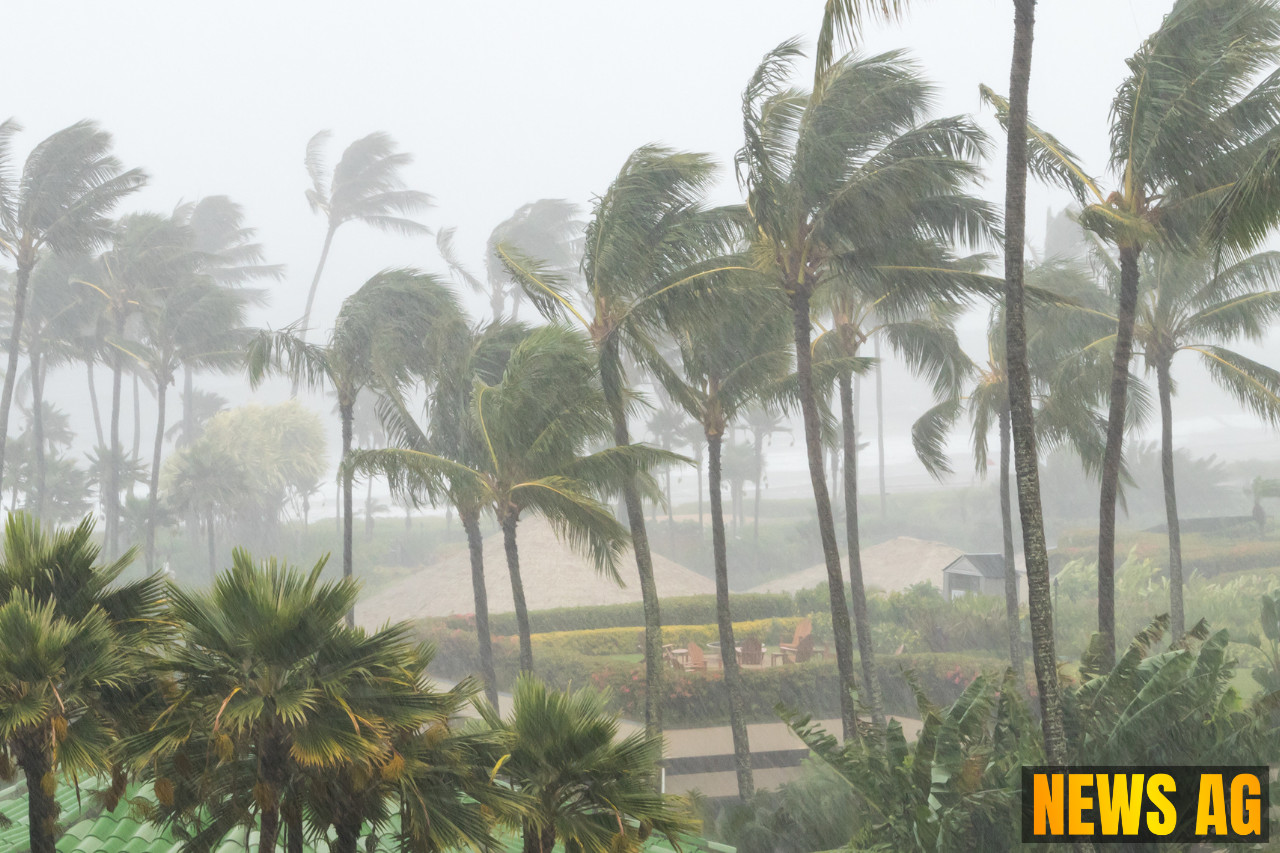
The hurricane season has officially begun in Tampa, running from June 1 to November 30. As the local community gears up for potential storms, the heightened anxiety from last year’s turbulent weather still lingers. Organizations like the University of South Florida (USF) and the Crisis Center of Tampa Bay are stepping up their preparedness efforts to address this growing unease. According to USF Oracle, President and CEO of the Crisis Center Clara Reynolds reports a significant spike in calls for support following Hurricanes Helene and Milton, with around 3,500 calls where 90% needed mental health assistance.
Zoey Evans, a USF student, echoed these sentiments, pointing out that the anxiety many feel stems from the back-to-back storms experienced last season. Yet, she praises USF’s proactive approach to communication and preparation. Grant Gundle, the director of USF’s Emergency Management department, outlined steps being taken for this hurricane season, including renewed contracts for remediation services and the renewal of the university’s StormReady certification for 2025-26. USF also offers SKYWARN training and WeatherSTEM updates to keep everyone informed.
Coping with Storm Worries
The mental toll of hurricane preparedness is a growing concern, especially as Florida braces for new storms. Hurricane Milton, already creeping its way towards the state after the aftermath of Hurricane Helene, brings fears of record-breaking storm surges, with predictions of up to 12 feet in Tampa Bay and even higher in Sarasota. As reported by ABC News, many residents find themselves facing their second major hurricane within two years, following Hurricane Ian in 2022. This accumulation of natural disasters significantly heightens the risk of mental health challenges, including increased anxiety and depression.
Dr. Jennifer Genovese refers to the phenomenon as „cumulative trauma,“ which can severely affect individuals who have experienced multiple disasters in quick succession. Statistics reveal that the prevalence of mental health disorders following disasters can soar, with anxiety rates peaking at 84%. Cumulative troubles, whether related to home security, job statuses, or insurance issues, only add to the burden. To aid recovery, both Genovese and emotional well-being advocates stress the importance of acknowledging negative feelings rather than shying away from them, promoting the idea that emotional support is critical for those affected.
The Importance of Preparedness
Addressing the growing mental health crisis exacerbated by natural disasters highlights a broader need for community preparedness strategies. A study published on NCBI emphasizes the importance of psychological preparedness, not only for individuals but also for communities facing these situations. With over three million families affected globally by natural disasters in the last two decades, the need for effective tools to evaluate and address community mental health preparedness has never been more crucial.
Funding for disaster response should include resources aimed at psychosocial recovery to help communities rebuild and restore well-being. Effective mental health preparedness can significantly diminish physical injuries and fatalities during disasters, fostering a resilient society ready to face nature’s fury. As the hurricane season unfolds, both USF and the Crisis Center continue to prepare and ensure that mental health resources are readily available, keeping community members reminded of the importance of safety and emotional support.
